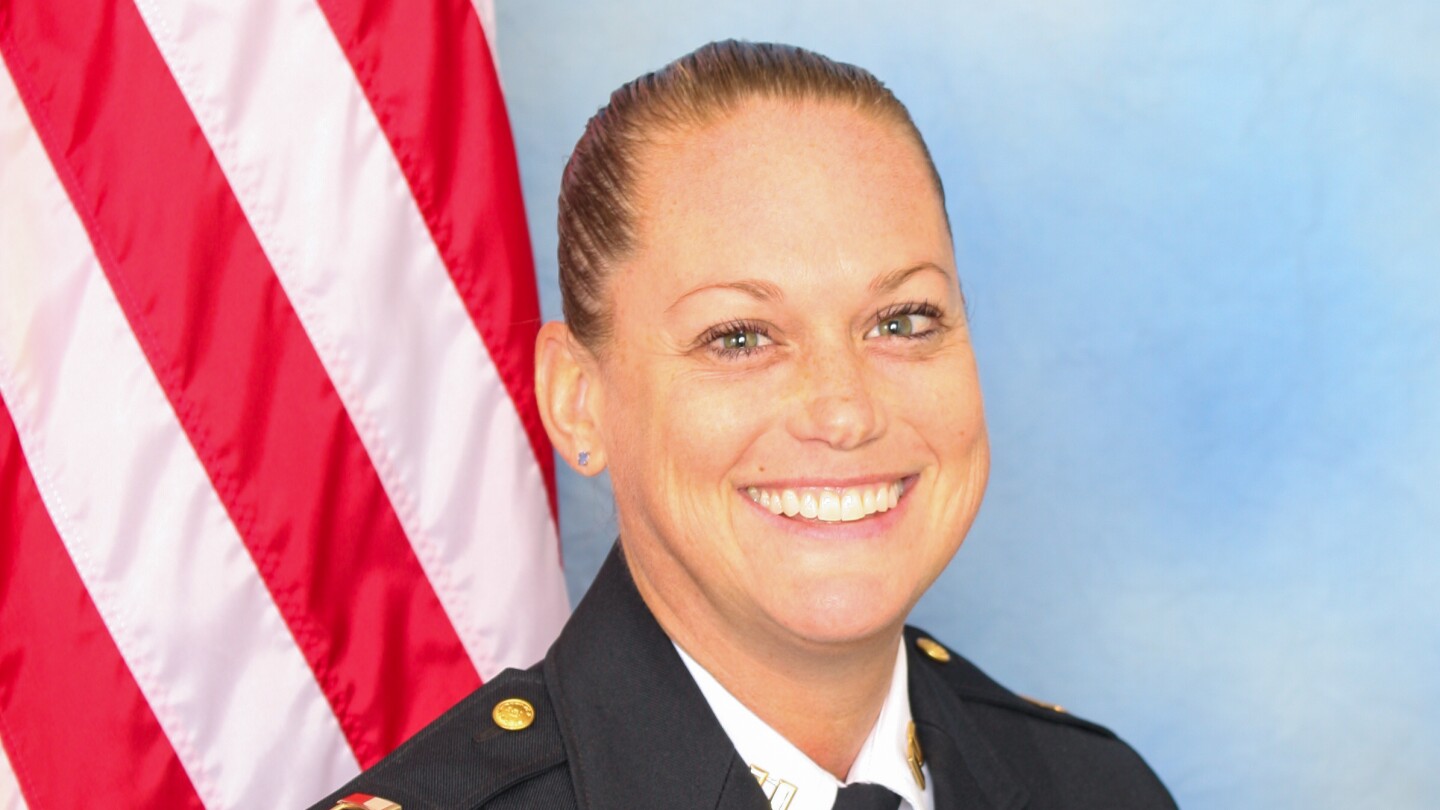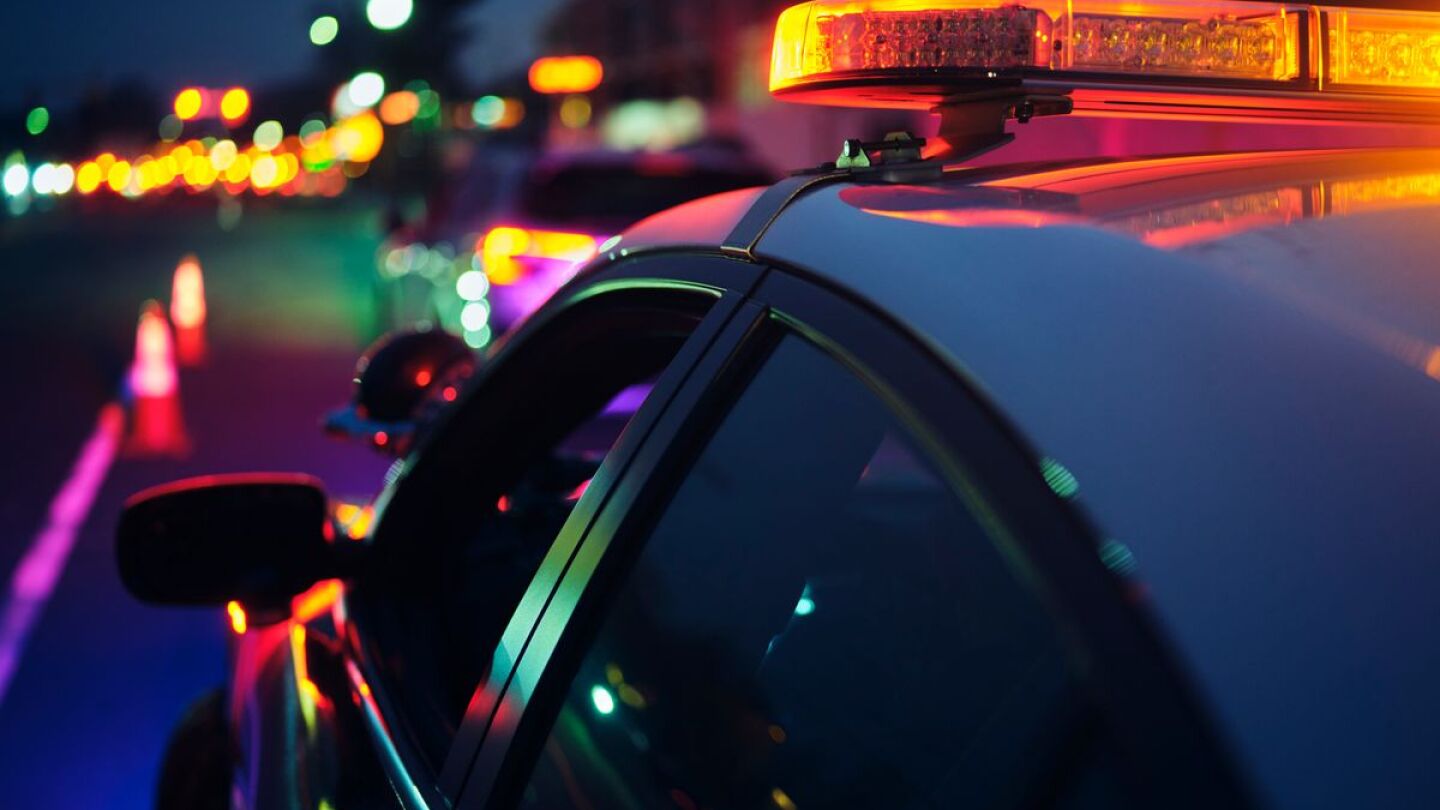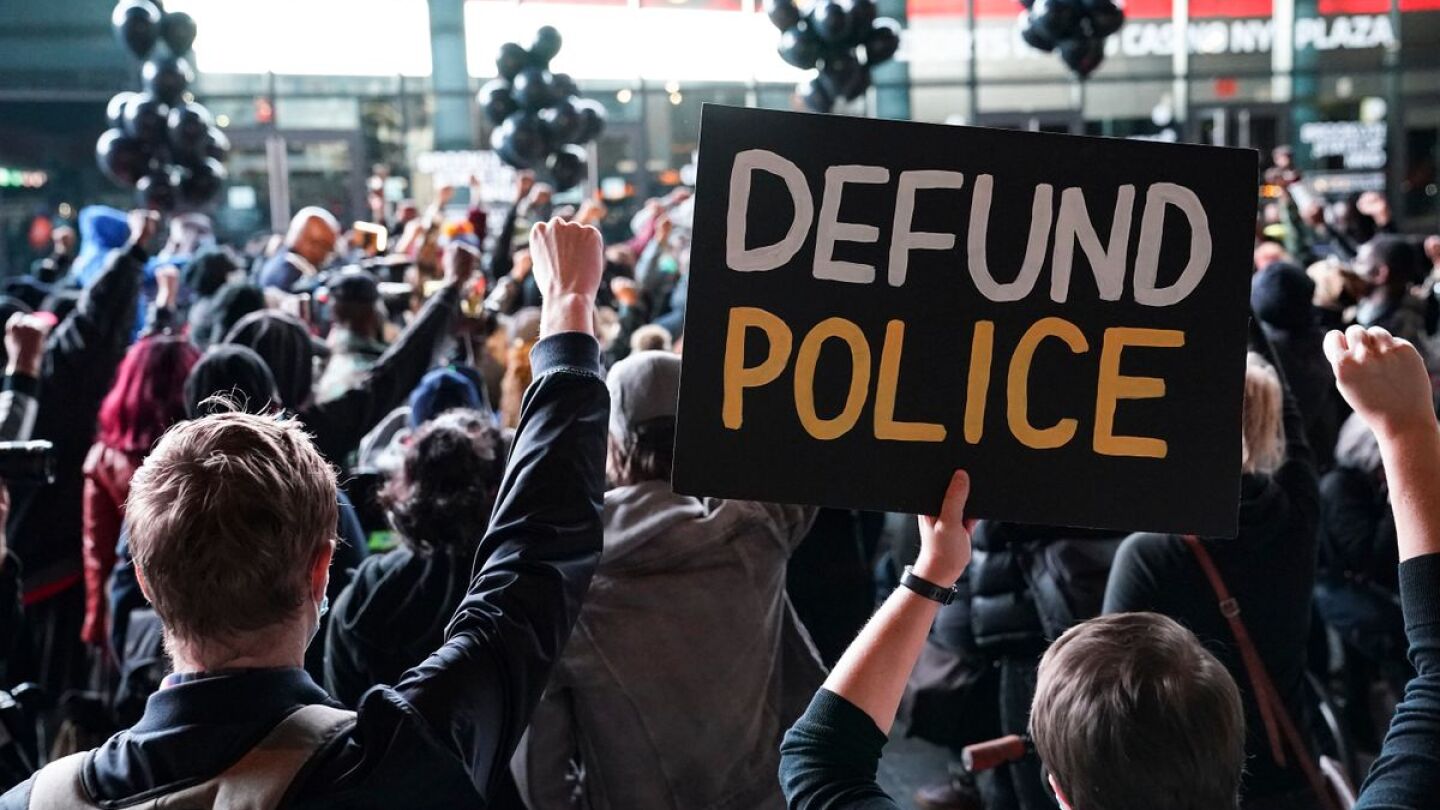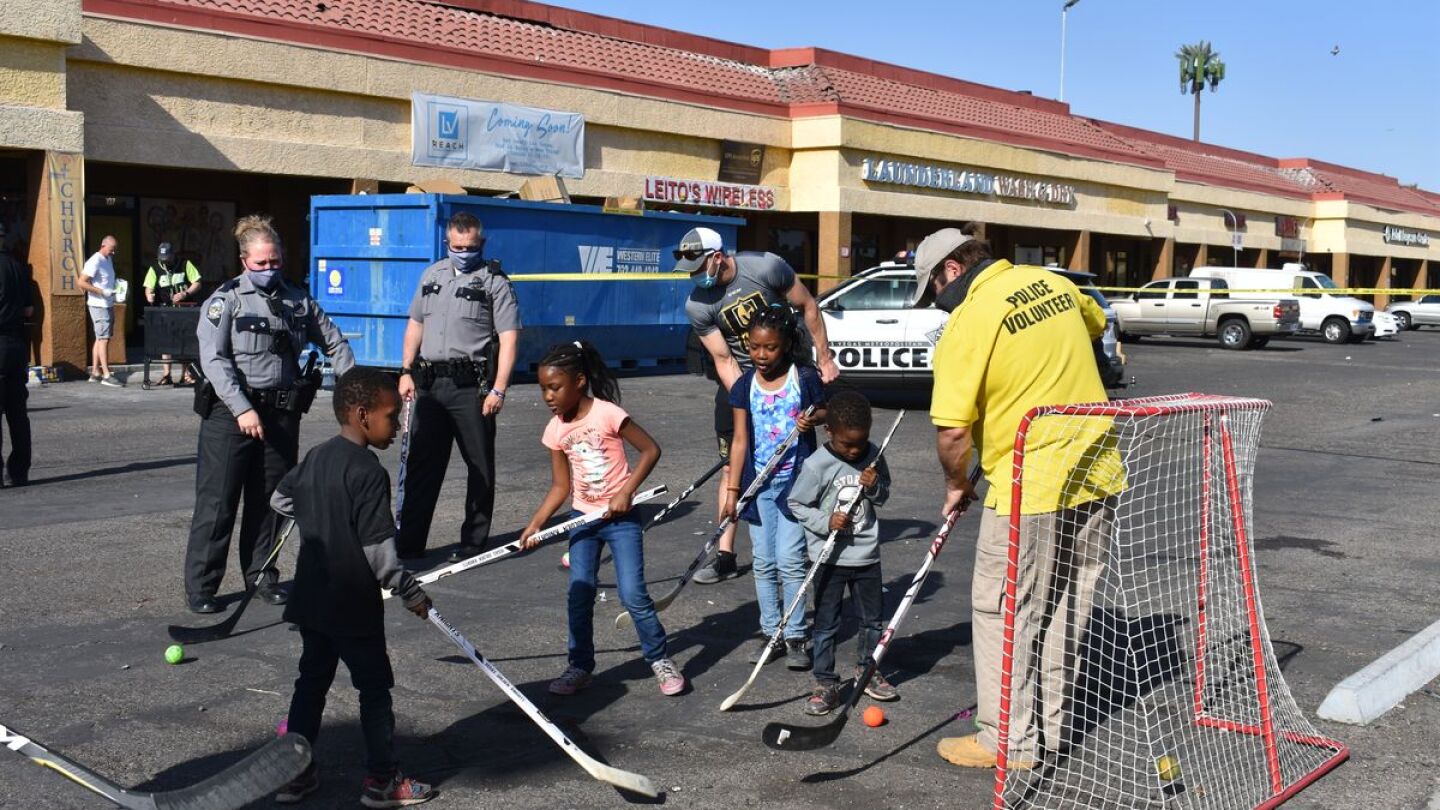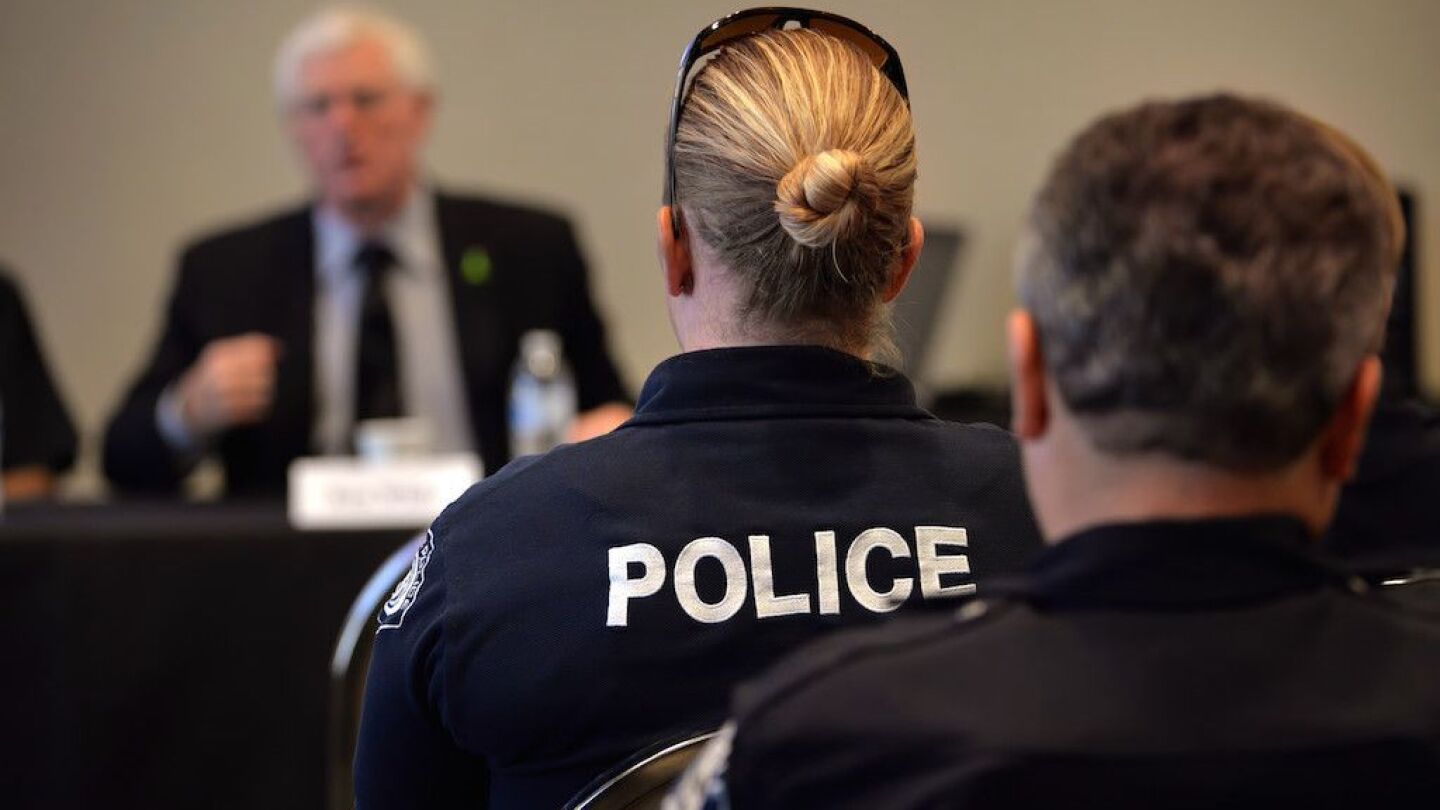Community Policing
The Community Policing topic covers efforts by agencies and officers to partner with other branches of local government as well as non-governmental organizations to reduce crime and increase the quality of life for law-abiding citizens.
If the first time you meet your community is after a tragedy, it’s too late
Meet Alison Funaiock: Newport News Police Department’s trailblazing captain, former SWAT sniper and community advocate
We should consider how our actions will “look” and what “they” will say about them
A look at some of the reforms police agencies and cities have implemented
Police1 columnists reflect on their analysis of 2020’s civil unrest and calls for police reform and share their thoughts on where policing is now
As many experts predicted, we have seen a rise in violent crime accompanied by an increase in officer retirements and resignations
The open dialogue format allows both groups to hear each other’s expectations and concerns
The program’s goal is to expose kids to what a career in law enforcement looks like and what pathways they can take to get there
Small town leaders must manage not only their local community’s concerns but also inform national and international media about incidents in their region
While medics were evaluating the man, who was not injured, Cpl. Frankel decided to finish the job
An Oceanside Police lieutenant and part-time college instructor says one of his students came up with the idea
The small folder, which clips onto the driver’s side air vent, aims to help stops go as smoothly as possible
These takeaways from a police PIO can prove beneficial to law enforcement communication pros in future cases
A recent survey of 1,000 adults shows fewer than one in 10 recommend mental health professionals respond alone with no public safety personnel
The “Take it to the Track” program gives citizens a safer alternative to street racing — and even lets them test their speed against troopers
Officer Stella Dieu, who grew up in the area, says she ultimately wants everyone to feel safe and supported in the community
Growing up, Kendra Snowden didn’t idolize her mom because she was in law enforcement; instead, she admired her work ethic and passion for people
Following the deployment of a robotic K-9 in February 2021, public backlash led the NYPD to send ‘Digidog’ back to the doghouse
Police Superintendent Shaun Ferguson called the Audubon Nature Institute’s decision “disappointing”
The motel owners said the sign, which has been met with backlash, was their way of encouraging conversation on police reform
It is our responsibility as police leaders to constantly improve our interactions with the communities we serve
A new report highlights many examples of positive community-police engagement from 58 police foundations
Our monthly roundup of cops doing good across the nation
Calls to reform, reimagine or disband the police can be seen as existential threats, but are opportunities for change that can work to the advantage of law enforcement
These stories offer the community a perspective they might not have considered: the men and women in uniform are relatable with prior careers just like them
Real reform means accepting that change is hard and expensive – but it’s worth it, if you do it right
The program, which strives to build trust between the public and police, will ensure officers treat residents they interact with as customers
Training is a necessity and should be an ongoing priority at every police agency, but getting it done is not as simple as it may seem
The initiative will create a targeted block-by-block police presence in strategic areas
Detroit’s neighborhood police officer program is now eight years old and is growing, officials said
Pittsburgh Chief Scott Schubert is walking the beat through each of the 90 communities that make up his city
A deputy gives a tour of his patrol truck to school children as part of his agency’s “Lunch With A Deputy” program



